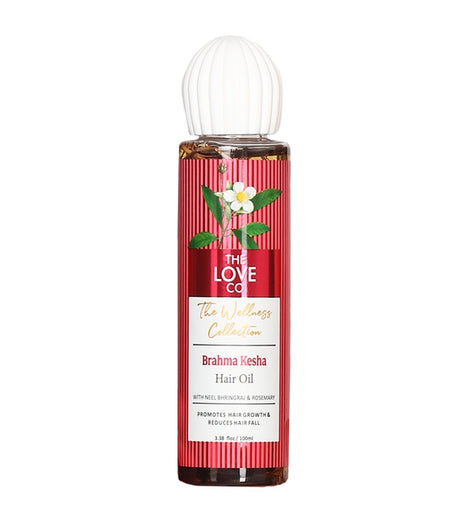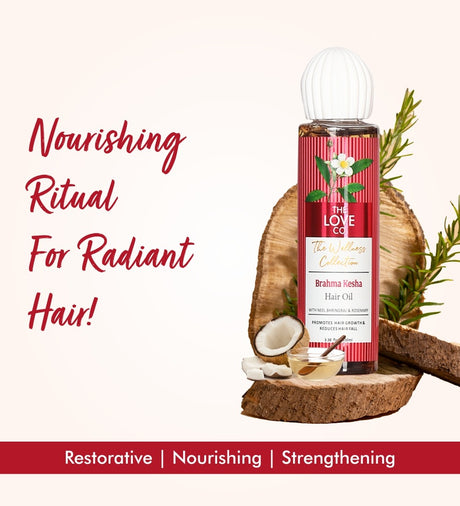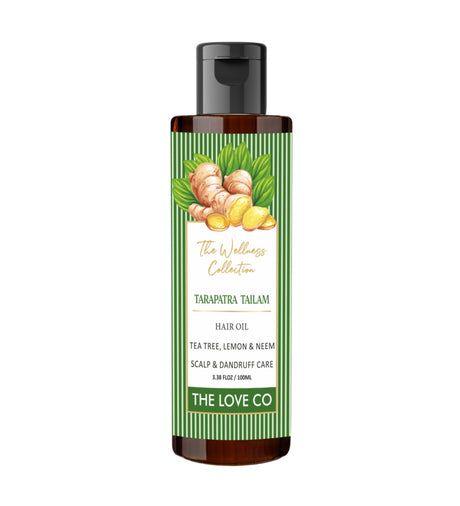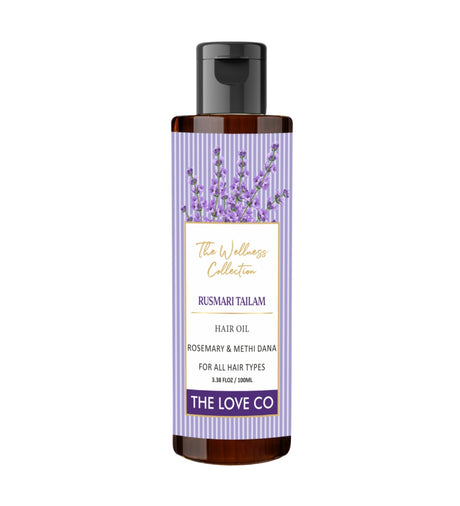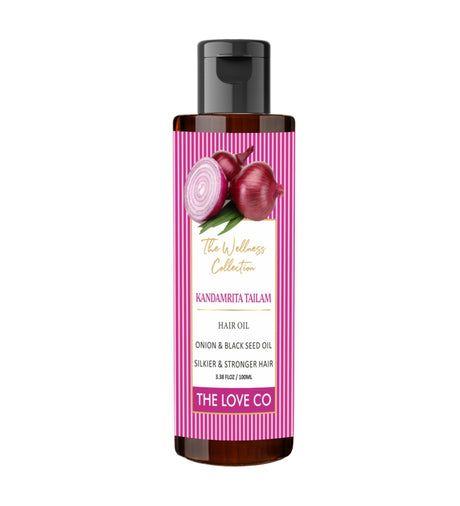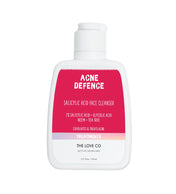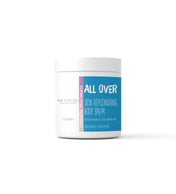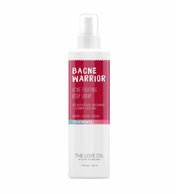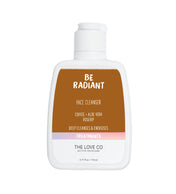-

Promotes Hair Growth | Prevents Hair Loss | Revitalizes Hair Follicles
₹599.00Unit price /UnavailableTarapatra Tailam Tea Tree Lemon & Neem Hair Oil
Combats Dandruff | Soothes Scalp | Promotes Healthy Hair
₹599.00Unit price /UnavailableRusmari Tailam Rosemary & Meethi Dana Hair Oil
Stimulates Growth | Reduces Hair Fall | Enhances Shine
₹599.00Unit price /UnavailableKandamrita Tailam Onion & Balck Seed Hair Oil
Stimulates Growth | Reduces Hair Fall | Enhances Shine
₹599.00Unit price /Unavailable
frequently asked questions
What are the benefits of using hair oil?
What are the benefits of using hair oil?
Hair oil helps moisturize and nourish both the hair and scalp, leading to healthier, shinier hair. It can also help reduce frizz, prevent hair breakage, and make hair more manageable.
How should I apply hair oil?
How should I apply hair oil?
To apply hair oil, start by putting a few drops into your palm, rub your hands together, and then massage the oil into your scalp and hair. You can focus on the ends if they are particularly dry or damaged. It's often recommended to apply oil to damp hair or before washing as a pre-treatment.
Can hair oil promote hair growth?
Can hair oil promote hair growth?
While hair oil alone doesn't cause hair to grow, it can help create a healthier scalp environment that is conducive to hair growth. Oils like castor oil and rosemary oil are popularly thought to help promote hair thickness and growth due to their properties.
How often should I use hair oil?
How often should I use hair oil?
The frequency depends on your hair type. Oily hair may only need light oiling once a week, while dry or curly hair might benefit from more frequent or heavier oiling.
What is the best hair oil for dry hair?
What is the best hair oil for dry hair?
For dry hair, oils like coconut oil, argan oil, and almond oil are beneficial because they are rich in fatty acids and nutrients that deeply moisturize and nourish hair strands.
Are there specific hair oils for scalp health?
Are there specific hair oils for scalp health?
Yes, oils like tea tree oil and peppermint oil are known for their antibacterial and soothing properties, which can help maintain scalp health and alleviate issues like dandruff and itchiness.
Should I wash my hair after applying oil?
Should I wash my hair after applying oil?
Yes, it's typically necessary to wash hair after oil treatment to remove excess oil, especially if you've applied a lot. However, you can leave light oils in your hair as a leave-in conditioner if your hair absorbs them well.
Can I use hair oil on coloured hair?
Can I use hair oil on coloured hair?
Absolutely, hair oil can be beneficial for coloured hair, helping to maintain moisture and shine that might be lost due to colouring processes. Just ensure the oil is colour-safe and doesn’t contain ingredients that could strip the colour.
What are the differences between synthetic and natural hair oils?
What are the differences between synthetic and natural hair oils?
Natural hair oils are extracted from plants and are generally free from chemicals, making them a healthier choice for hair care. Synthetic oils may contain silicones that provide a temporary gloss and smoothness but don't offer the same nourishing benefits as natural oils.
How can I choose the right hair oil for my hair type?
How can I choose the right hair oil for my hair type?
Consider your hair's needs: Use lighter oils like argan or jojoba oil for fine hair to prevent weighing it down. For thicker, coarser hair, heavier oils like coconut or olive oil can be more effective. If unsure, consult with a hair care professional who can recommend the best oil based on your hair type and condition.


